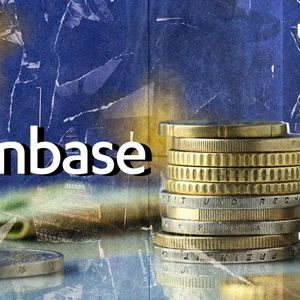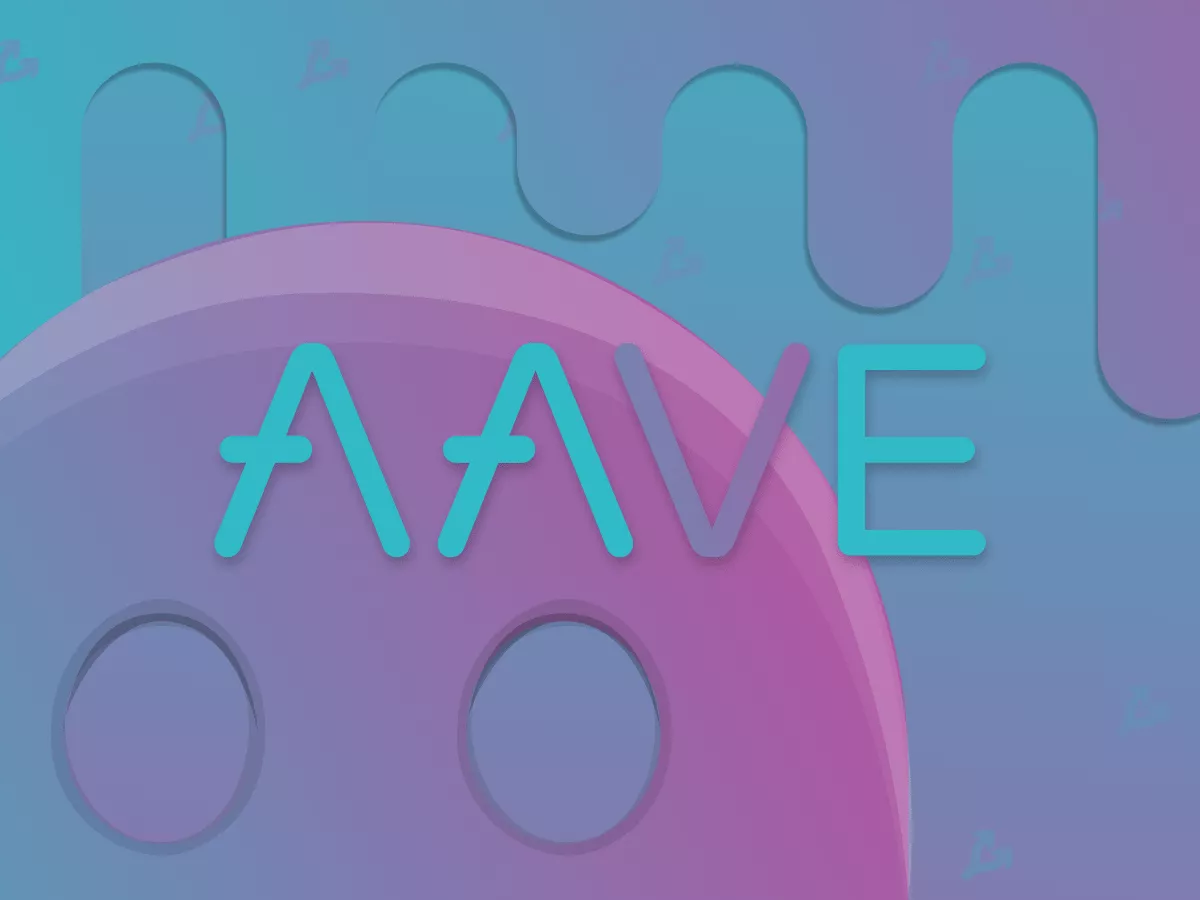BitcoinWorld Jupiter JUP Halts DAO Governance: A Bold Move for Future Growth In the fast-paced world of decentralized finance (DeFi), change is often the only constant. Recently, a significant development emerged from the Solana ecosystem that has captured the attention of the crypto community. Jupiter JUP, a prominent decentralized exchange (DEX) built on the Solana blockchain, has announced a temporary halt to its decentralized autonomous organization (DAO) voting activities. This decision, set to pause formal governance votes until the end of 2025, signals a period of introspection and planned reform for the platform’s governance structure. The move highlights ongoing challenges within DAO Governance and the continuous search for more effective models in the decentralized space. Understanding Jupiter JUP and its Role as a Solana DEX Before diving into the specifics of the governance pause, it is crucial to understand what Jupiter JUP is and its importance within the Solana ecosystem. Jupiter is not just a simple Decentralized Exchange ; it functions primarily as a liquidity aggregator. This means it pulls liquidity from various DEXs on Solana, allowing users to find the best possible price for their swaps. This aggregation model has made Jupiter a go-to platform for trading on Solana, contributing significantly to the network’s transaction volume and user activity. As a key piece of the Solana DEX landscape, Jupiter’s operational and governance decisions have ripple effects across the ecosystem. Jupiter launched its native token, JUP, earlier in 2024 through a highly anticipated airdrop. The JUP token is intended to play a central role in the platform’s governance, granting holders the ability to vote on proposals related to Jupiter’s development, treasury management, and overall direction. This token-based governance mechanism is a cornerstone of the DAO structure that many decentralized projects adopt to empower their communities. The Core of the Announcement: Pausing DAO Governance Votes The main news revolves around Jupiter’s decision to pause formal DAO Governance voting. According to reports, this pause will last until the end of 2025, with a new governance model planned for introduction in 2026. The stated reason for this significant step is the identification of issues with the current governance structure. While specific details about these issues were not exhaustively detailed in the initial announcement, common challenges faced by DAOs include: Voter Apathy: Low participation rates in governance votes, leading to decisions being made by a small percentage of token holders. Centralization Concerns: Concentration of voting power in the hands of large token holders or core teams, undermining the decentralized ideal. Inefficiency: Slow or cumbersome proposal and voting processes that hinder timely decision-making and platform evolution. Lack of Expertise: Token holders may lack the technical or business expertise needed to make informed decisions on complex proposals. Coordination Problems: Difficulty in organizing and aligning a large, dispersed community towards common goals. Trust Issues: Concerns about transparency, potential manipulation, or the influence of specific factions within the community. It is likely that Jupiter’s experience with its initial governance phase encountered some combination of these hurdles, prompting the need for a re-evaluation and restructuring. The pause is intended to provide the core team and community stakeholders time to design and implement a more robust and effective governance framework for the future. What Happens During the Pause? It is important to clarify that the pause in formal DAO voting does not mean a complete shutdown of community interaction or platform development. Key aspects of the Jupiter platform and its token economics will continue: Staking Rewards Continue: Users who have staked their JUP tokens will continue to receive staking rewards as planned. This ensures that one of the key benefits of holding and staking JUP remains active. Platform Operations Unaffected: The core function of Jupiter as a Solana DEX and liquidity aggregator will continue to operate normally. Users can still swap tokens, access features, and utilize the platform. No New DAO-Funded Workgroups: A direct consequence of pausing formal votes is that no new workgroups requiring DAO funding or approval will be initiated during this period. This freezes expansion initiatives that rely on the current governance mechanism for resource allocation. Focus on New Governance Model: The primary activity during this pause will be the development and refinement of the new governance structure intended for 2026. This will likely involve community consultations, design iterations, and technical implementation work. This period can be seen as a strategic pause for rebuilding rather than a halt in operations. It allows the team to step back from the continuous cycle of proposal and voting to focus on the foundational elements of future Crypto Governance . Why is Reforming Crypto Governance Important? The challenges faced by Jupiter are not unique. Many decentralized projects grapple with finding effective ways to govern themselves truly decentralizing decision-making while remaining agile and efficient. The promise of Crypto Governance through DAOs is to empower token holders and move away from centralized control. However, the reality has often been complex. Projects need governance models that: Encourage meaningful participation from a broad base of token holders. Prevent undue influence by whales or special interests. Allow for timely and informed decisions on critical issues. Are resilient to attacks or manipulation. Can adapt as the protocol evolves. Jupiter’s decision underscores the fact that current DAO structures, while ideologically appealing, may require significant iteration to become practical and sustainable long-term solutions for governing large, complex protocols like a leading Decentralized Exchange . Exploring Potential Directions for Jupiter’s New Governance Model While details are scarce, Jupiter’s plan to introduce a new model in 2026 suggests they are exploring alternatives or significant modifications to their current system. What might this new model entail? Based on trends and experiments in the broader DAO Governance space, possibilities include: Delegated Governance: Token holders delegate their voting power to elected representatives or delegates who are expected to be more informed and engaged. This can increase participation efficiency but introduces a layer of representation. Token Weighting Adjustments: Modifying how token holdings translate to voting power, perhaps incorporating factors like staking duration, quadratic voting (where voting power increases less than linearly with token holdings), or reputation systems to balance whale power. Specialized Councils or Committees: Forming smaller, expert groups responsible for specific areas (e.g., treasury management, technical upgrades) elected or appointed through a refined process, subject to community oversight. Off-chain Voting with On-chain Execution: Using less costly and more flexible off-chain platforms for discussion and signaling, with only final, approved decisions executed on-chain. Hybrid Models: Combining elements of different systems to create a tailored approach that fits Jupiter’s specific needs and community dynamics. The goal will likely be to design a system that better unifies stakeholders, addresses trust deficits, and improves the efficiency of decision-making compared to the structure that proved problematic. Implications of the Pause for Jupiter JUP Holders and the Solana Ecosystem For holders of the Jupiter JUP token, the immediate implication is the temporary loss of formal voting rights on new proposals. While staking continues, the ability to directly influence the protocol’s future direction through voting is suspended. This might lead to some uncertainty among token holders regarding how decisions will be made during the interim period and what the transition to the new model will look like. For the broader Solana DEX ecosystem, Jupiter’s move is a notable event. As a major player, its governance challenges reflect broader issues that other protocols might face or are already facing. A successful reform by Jupiter could potentially serve as a case study or inspiration for other projects navigating similar waters in Crypto Governance . The pause period also gives the Jupiter team centralized control over decision-making out of necessity, as the decentralized mechanism is temporarily sidelined. While this is framed as a temporary measure for long-term improvement, it is a point of observation for the community to ensure transparency and continued alignment with decentralized principles during the transition. Benefits and Challenges of Jupiter’s Strategic Pause Like any significant change, this decision comes with potential benefits and challenges: Benefits: Time for Thoughtful Design: Allows dedicated time and resources to design a truly improved governance model without the pressure of ongoing voting cycles. Address Root Issues: Provides an opportunity to tackle fundamental structural problems in the current system rather than applying piecemeal fixes. Potential for Increased Efficiency: A well-designed new model could lead to more efficient decision-making in the long run. Stakeholder Alignment: The process of designing the new model can be used to better align different community factions and the core team. Challenges: Loss of Immediate Community Input: The community loses its direct voting power during the pause, which could lead to feelings of disenfranchisement or reduced engagement. Centralization Perception: A temporary halt to decentralized voting can be perceived negatively by those prioritizing immediate decentralization. Uncertainty: The lack of a defined new model creates uncertainty about the future structure and how Jupiter JUP holders’ influence will be restored. Risk of Delay: Designing and implementing a new governance system is complex and could face delays. The success of this move will ultimately depend on the transparency of the process during the pause and the effectiveness and acceptance of the new governance model introduced in 2026. Actionable Insights for the Community For those involved with Jupiter JUP or interested in Crypto Governance : Stay Informed: Follow official Jupiter channels for updates on the governance reform process. Understand the rationale behind the pause and the steps being taken towards the new model. Engage in Discussions: While formal voting is paused, the team will likely seek community input and feedback during the design phase of the new model. Participate in forums and discussions to voice your perspectives. Evaluate the Long-Term Vision: Assess how the proposed new governance model aligns with your long-term belief in Jupiter’s potential and its commitment to decentralization. Understand the Implications: Recognize that during the pause, strategic decisions may be made by the core team. Monitor these decisions and their impact on the platform and token. This period is a test for Jupiter’s ability to navigate the complexities of decentralized governance and emerge with a stronger, more sustainable structure. The Road Ahead for Jupiter and DAO Governance Jupiter’s decision to pause formal DAO Governance voting until 2026 is a candid acknowledgment of the difficulties inherent in implementing effective decentralized governance today. It reflects a broader trend in the crypto space where projects are learning through experience and iterating on initial DAO designs. As a leading Solana DEX , Jupiter’s journey through this governance reform will be closely watched. Its success in developing a new model that effectively unifies stakeholders, enhances efficiency, and maintains decentralized principles could provide valuable lessons for the entire industry grappling with the future of Crypto Governance . The pause period is a critical phase. It requires clear communication from the Jupiter team and patient, constructive engagement from the community. The introduction of the new governance model in 2026 will be a pivotal moment, determining whether this strategic pause leads to a more robust and sustainable future for Jupiter JUP and its position within the competitive decentralized exchange landscape. To learn more about the latest crypto market trends, explore our article on key developments shaping the decentralized exchange landscape. This post Jupiter JUP Halts DAO Governance: A Bold Move for Future Growth first appeared on BitcoinWorld and is written by Editorial Team



















